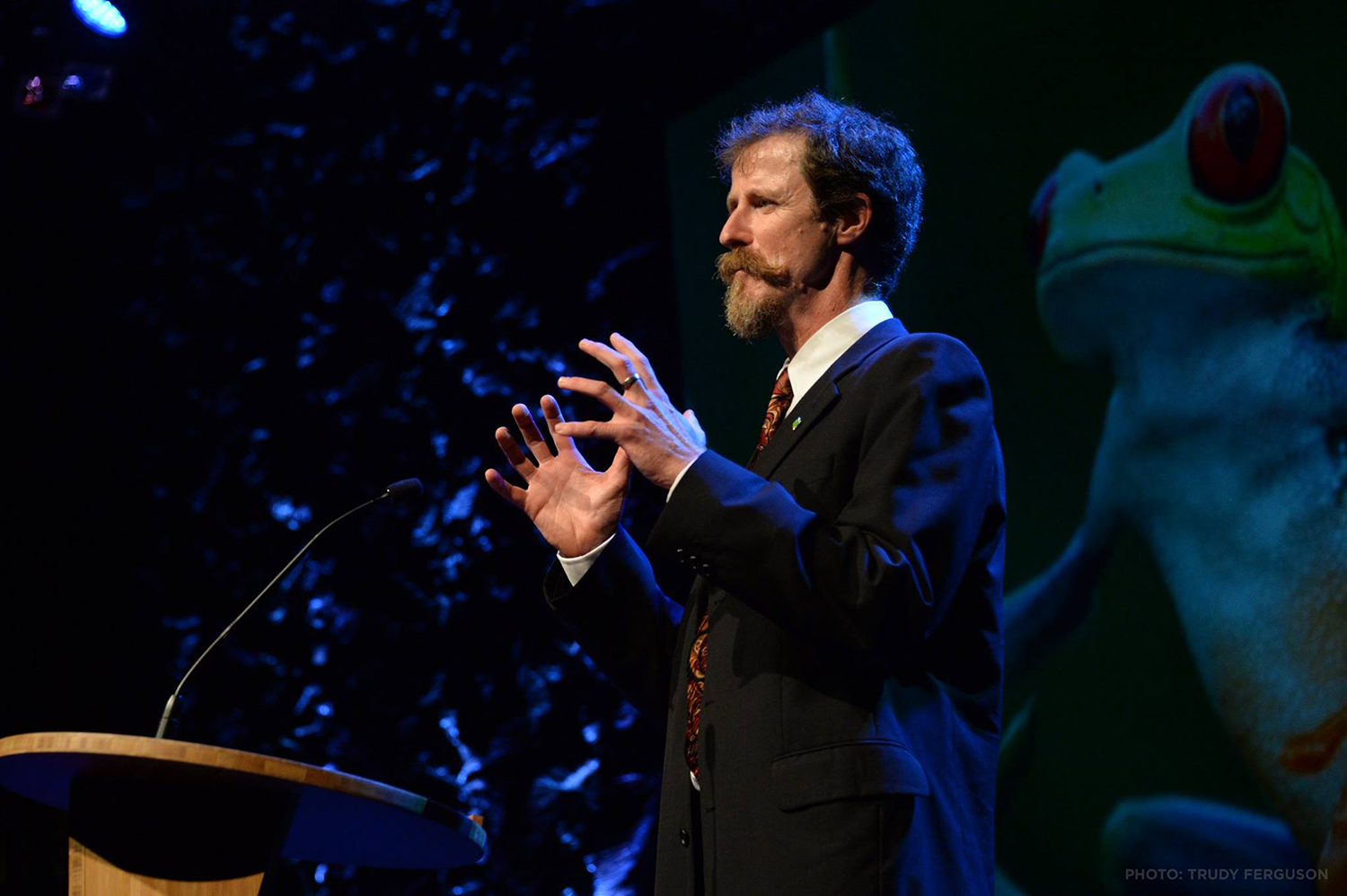UBC researcher appointed UN expert on human rights and the environment
August 1, 2018

August 1, 2018

This August, UBC researcher David Boyd takes on the role of Special Rapporteur on human rights and the environment for the UN Human Rights Council. In this Q+A, he discusses priorities for his three-year mandate, and where Canada fits into the international context.
People need a safe, clean, healthy and sustainable environment to fully enjoy a wide range of human rights, including to life, health, food, water, sanitation and development. At the same time, the exercise of human rights, including the rights to information, freedom of expression, freedom of association, public participation in decision-making, and access to justice, is vital to the protection of the environment.
Pollution provides a compelling illustration of the connection. According to the Lancet Commission on pollution and public health, ‘diseases caused by pollution were responsible for an estimated nine million premature deaths in 2015—16% of all deaths worldwide—three times more deaths than from AIDS, tuberculosis, and malaria combined and 15 times more than from all wars and other forms of violence.’ The World Health Organization reports that air pollution alone causes approximately seven million deaths per year, a burden disproportionately borne by individuals in low- and middle-income states, mainly in Asia and Africa. Pollution clearly violates both the right to life and to health.
Unknown 50 years ago, today the right to a safe, healthy environment is protected by the constitutions of more than 100 countries, is found in the environmental laws of more than 100 countries, and is included in regional human rights treaties ratified by 135 countries. However, there are still about 50 countries, including Canada, where it isn’t legally recognized.
In my first presentation to the UN General Assembly, in New York on October 25, I’ll urge the UN to recognize, for the first time, every person’s right to a healthy environment. Experience at the national and regional levels over the past decades demonstrates that it can make a positive difference in people’s lives by serving as a catalyst for stronger environmental laws, enhanced public participation, and most importantly, cleaner air, cleaner water, and healthier ecosystems.
Despite substantial progress, in every country in the world today there are people whose human rights are being violated by environmental degradation or through the denial of access to clean water and sanitation. One of my primary responsibilities as Special Rapporteur is to monitor these violations and amplify the voices of the affected people, in hopes that governments will act.
I’ll also conduct two country visits every year, to report on barriers to the fulfilment of human rights, good practices in protecting human rights from environmental harms, and innovative solutions to environmental challenges.
Canada is one of the minority of nations worldwide that has refused to recognize the right to live in a healthy environment—although this right is recognized in Quebec, Ontario and the three northern territories.
Too many Indigenous communities still lack access to safe drinking water and adequate sanitation, millions of Canadians breathe polluted air (which causes more than 14,000 deaths annually), and northern communities’ way of life is being transformed by climate change.
Canada needs to recognize the right to a healthy environment, treat the lack of access to safe drinking water and sanitation in Indigenous communities as a national crisis, create and rigorously enforce stronger laws and policies to reduce air pollution, and accelerate the transition from dependence on fossil fuels to the renewable energy future. We should be a global leader in protecting human rights from environmental harm, but we’re not there yet.
We honour xwməθkwəy̓ əm (Musqueam) on whose ancestral, unceded territory UBC Vancouver is situated. UBC Science is committed to building meaningful relationships with Indigenous peoples so we can advance Reconciliation and ensure traditional ways of knowing enrich our teaching and research.
Learn more: Musqueam First Nation